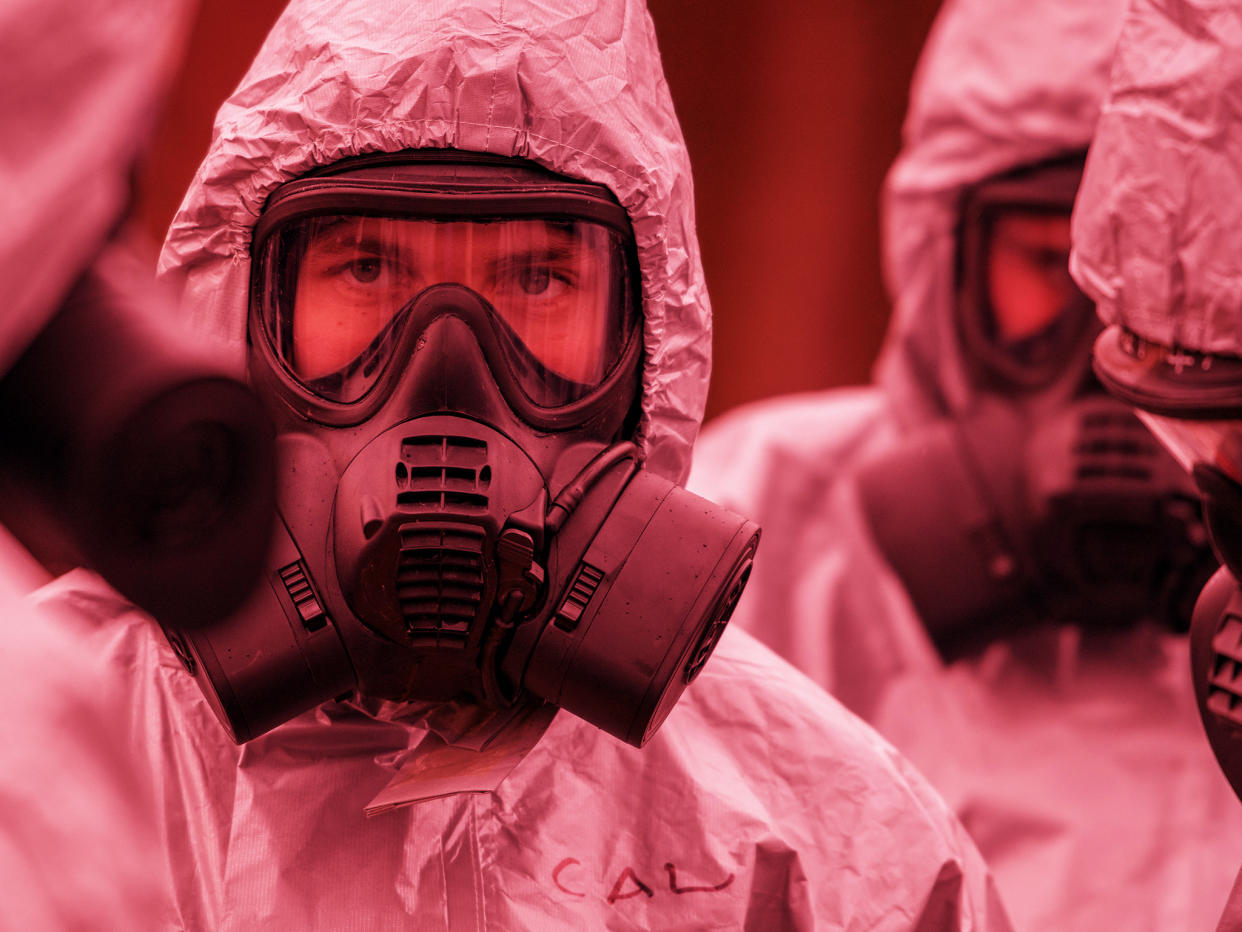Why is the UK accusing Russia of launching a nerve agent attack on Sergei Skripal in Salisbury, and what is the evidence?

“There is no alternative conclusion other than that the Russian state was culpable for the attempted murder of Sergei Skripal and his daughter - and for threatening the lives of other British citizens.”
That was the conclusion Theresa May delivered to MPs over the nerve agent attack in Salisbury, sparking the expulsion of 23 Russian diplomats and a wave of reprisals that have been met with an angry response from the Kremlin.
Russian officials have denied involvement, branded the Prime Minister’s statement a “circus show” and accused the UK of violating a chemical weapons convention by refusing to send it samples of the substance used.
Meanwhile, conspiracy theories are swirling online, with proponents blaming a range of targets including the US, Ukraine, the EU and Britain itself for the attack.
Police have not yet confirmed how Mr Skripal and his daughter Yulia were exposed to the substance, which left them in a critical condition in hospital and affected 36 other people.

 Yahoo News
Yahoo News 
